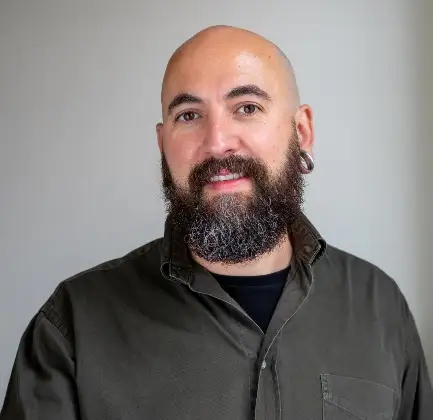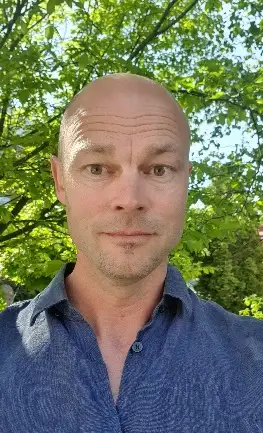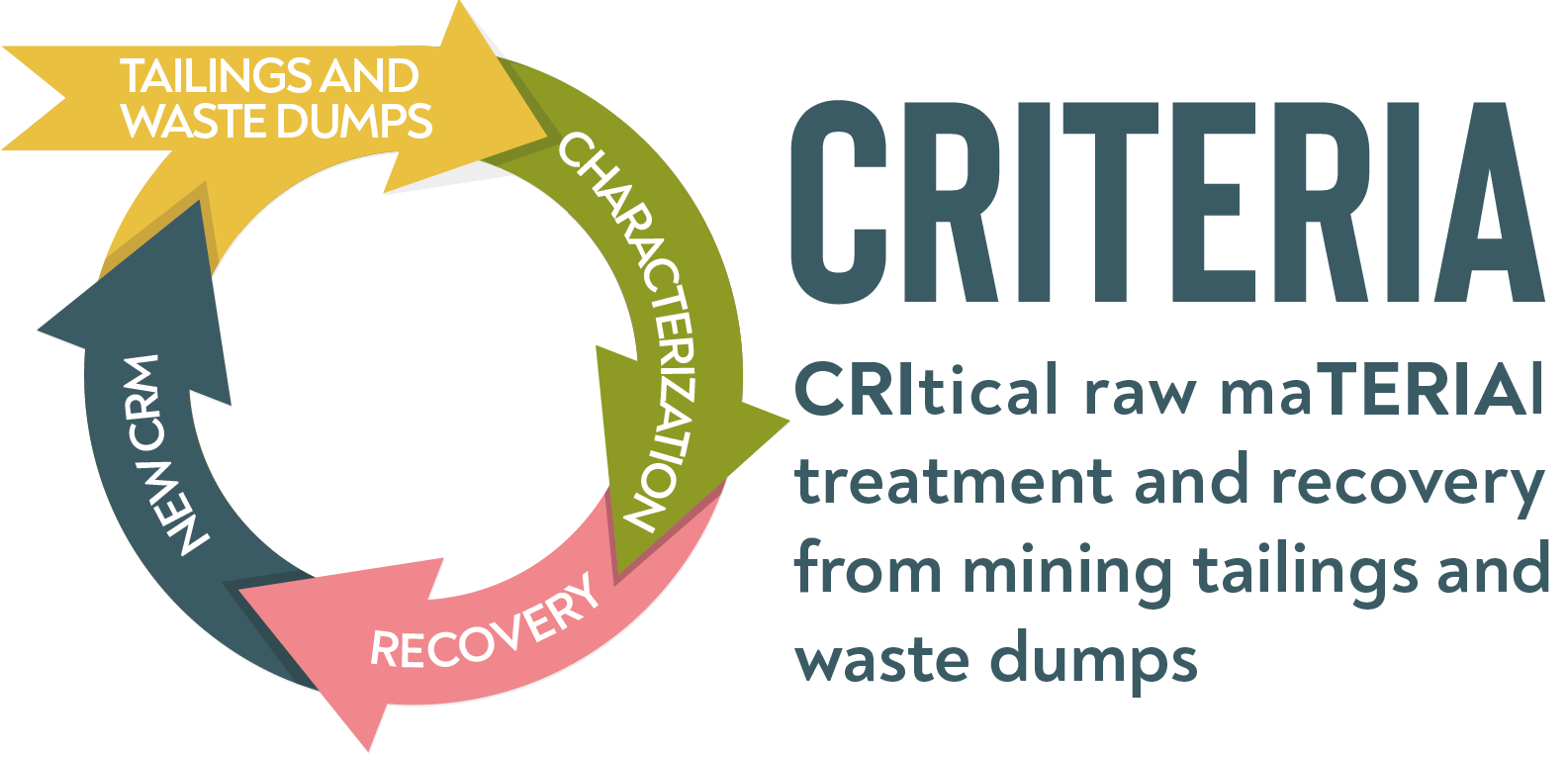Royal Institute of Technology (KTH)
Description of the research group
The Division of Resource Recovery, within the Chemical Engineering Department at KTH Royal Institute of Technology, focuses on the development of novel techniques and separation processes for resource recovery. The goal is to create economically and environmentally sustainable processes for resource recovery and valorization from primary and secondary raw materials. The work is well connected with overcoming the challenges of circular economy, and implies developing critical thinking regarding waste and resource. A large part of the activities is focused on crystallization processes, and on resources from mining waste or waste electrical and electronic equipment.
The Division of Resource Recovery of the Department of Chemical Engineering has currently 6 postdocs and 2 PhD students working in different projects in three wet lab facilities equipped with individual fume hoods and base lab equipment (precision scales, oven, centrifuges and glassware). An analytical laboratory centralizes all the key analytical equipment for our activities regarding the characterization of solids and solutions. This lab is equipped with ICP-OES, FTIR, DSC, Zetasizer, UV-vis spectrometry, and a microscope with a CCD camera connected to a computer. New members of the team get training and will use all the analytical equipment by themselves.

Frederico Marques Penha
- Assistant professor at the Division of Resource Recovery
- Supervising 4 PhD students, Publications: 24.
- Research interests: His research focuses on the application of classical separation operations to new contexts aiming at further improvements in the efficiency and sustainability of industrial processes. With expertise in crystallization and membrane separation techniques, his projects include work on battery recycling, redmud valorization (waste from alumina production), niobium recovery from secondary sources, and nutrient recovery from wastewater, all tied to circular economy. He is also actively involved in fostering diversity and inclusion at KTH through initiatives like PhD IMPACT and the JML group.
- Teaching: chemical engineering

Michael Svärd
- Docent researcher at the Division of Resource Recovery
- Swedish representative in the European Federation of Chemical Engineering (EFCE) Working Party on Crystallization.
- Publications: 65.
- Research interests: His research spans various separation techniques, with a focus on crystallization. The overarching theme is how an improved understanding of the fundamental aspects of thermodynamics and crystal nucleation and growth can improve control of the product properties in crystallization processes. Applications range from pharmaceuticals to hydrometallurgy



